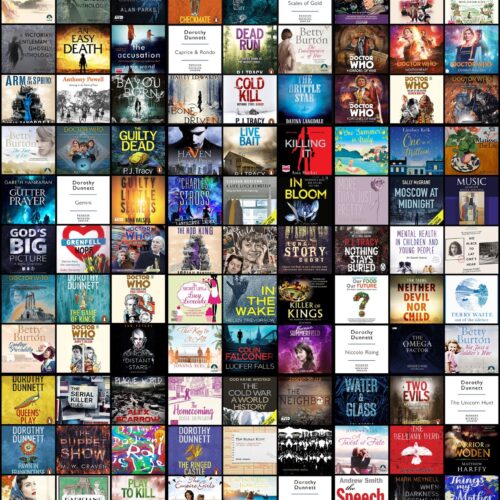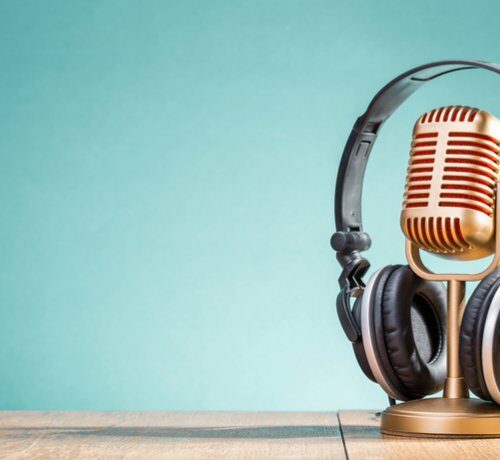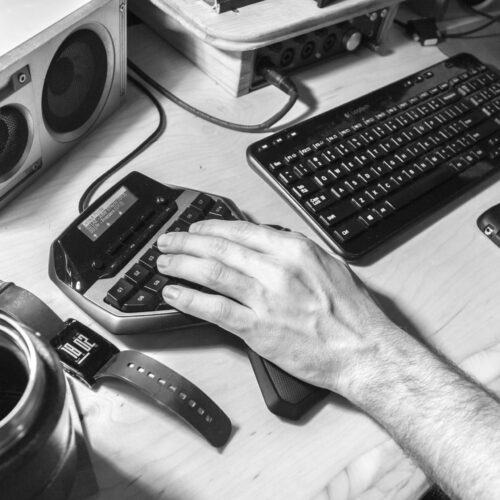Back in 2003/4, when I was working as a producer in UK independent radio production, I and my company joined forces with many other smaller production companies and between us, with the support of the larger indies, set to the task of working out whether we should come together and form a trade body. This was a complex proposal…in essence we were all competitors, and had been for many years, occasionally bitterly so! But we were also in a fairly simple situation…the ONLY customer in the UK for independently produced radio programming (dramas, readings, documentaries, features) were the BBC national networks (and World Service), and while we were all grateful for their continuing patronage, we were getting tired of the lack of opportunities and the differences in trade agreements between radio and TV. There was a Royal Charter renewal on the horizon, and the BBC had indicated it was considering a change to the radio indies’ Terms of Trade. If we wanted to change the way the BBC dealt with, and even perceived, independent production companies, we needed to agree between ourselves WHAT it is we wanted and HOW we would aim to get it.
After several meetings and a lot of strongly held opinions, enough of the 150+ companies (freelancers, small businesses, medium businesses, a couple of big indies) agreed we needed to form a Trade Body to represent our industry in Terms of Trade bargaining AND in furthering the opportunities for UK indies. We wanted to legitimise our industry, widen the awareness of it within radio, audio and political circles. We wanted more control over costs, rights and public awareness. It was time to group together, accept that we were competing for opportunities, but that we could still help one another and improve the industry for all.
And so the Radio Independents Group (RIG) was formed. We quickly got ourselves recognised as the official trade body for UK indies by the BBC, Equity, PACT, The Writers Guild, The Publishers Association, etc… We ensured the board was comprised of representatives of all sizes of indies, and we focused on improving the situation overall for everyone…this meant Terms of Trade with the BBC and a lot of lobbying of politicians and others for greater opportunities (TV indies had 50% commissioning opportunities at the BBC, but radio indies only had 5-10%)
As the first Secretary, and then as Chair, I spent 5 years helping to build RIG and many hours negotiating agreements, rights, fees, access, etc… I met with the top brass at the BBC, spoke at conferences, led panels, advised on reports, formulated agreements, taught technical classes and had the great pleasure of launching the first ever awards for producers & technical staff (now a much bigger thing, huzzah). I (and others) put my head above the parapet and risked what some feared would be a harsh backlash from the BBC. But the backlash never came, because everything we did was done carefully, with due deference, and always attempting to understand the other side’s point of view. We were argumentative but never antagonistic. It taught me a great deal about listening to others, considering all sides, seeking compromise and never letting an initial ‘NO’ stop you.
RIG has gone on to become an important and respected trade body, and I love watching from the sidelines as they grow and prosper. It was a fantastic (and stressful) five years, which I recall fondly.
So…all that said…I find myself thinking in 2018, that now may be the time for the UK audiobook industry to come together and form a trade body, or at least some form of cohesive group (call it what you will). By that I refer to the narrators, studios, producers, editors, check listeners and others who aren’t publishers. This is a complex concept, as the likes of Audible, PRH and WF Howes are both publishers AND producers. But I am wont to consider that anyone who holds the underlying publishing budget should NOT be a part of this. Unlike the US, where the audiobook industry is very carefully maintained under the SAG-AFTRA agreements, the UK industry has no such set of enforceable rules. This isn’t necessarily a bad thing as issues around collective bargaining are complicated and require a lot of legal consideration. Equity has a great audio committee, but Equity can only represent the narrators, not the technical side of things. But I do think that, whilst a union isn’t what’s required, some form of body/group that can meet, discuss and fight for audiobook creator issues IS something we need.
We are an industry of competing individuals, businesses and approaches:
- Narrators – with agents or without / pro or amateur
- Studios – pro or project, small or large
- Home recording narrators
- Publisher-titles or ACX/self-publishing
- Upfront fees or royalty-share
- Producers – freelance or studio-based
- Editors – pro or narrators self-editing
- Check Listeners/QC
We are all fighting for the titles, and we all use the un-British topic of fees as one way to differentiate ourselves. Whilst quality of end product is important, money is always a key issue. We are often encouraged to discount for bulk, even though the cost of production remains the same per title. As a studio owner I find myself pressured to discount the per finished hour rate when offered a multi-book deal, but can then not expect a similar discount from my narrators or editors or check listeners.
And prep…the thorny issue of narrators (and producers) prepping their titles. This may not be a big issue if the title is simple, with few characters, no tough pronunciations, etc… But what if it is an 800 page epic, with hundreds of characters, a ton of accents, lots of odd pronunciations? It can take up to a week to prep it, and that time is never paid for. Should it be? Do you consider it part of the deal, or is it something that, project by project, should be looked at?
Fees for home narration & editing are another area where there seems to be little collective agreement on what is a fair fee. A studio title has a particular budget which covers narration, production, editing and check…but a narrator might spend 3 days recording and then 5 days editing, but only get a fee equivalent to a narration-only fee from a studio. Some people might be very happy to do titles at these rates, as it fits their schedule and lifestyle…but does it set dangerous precedent for narrators across the industry? SHould we push for parity with SAG-AFTRA rates?

I could write endlessly on this topic…technical guidelines, pronunciation guides, access to authors, fees, pro-check or self-check, training, etc… Why do we not have a UK-specific Audiobook Awards? Should there be a sliding scale of guideline narrator fees (like the old 1A fees at the BBC?) How much should an editor be paid, and how long should editing take? What do checkers get paid? Who is responsible for the public awareness of the audiobook industry in the UK, and how can we raise awareness, get pro-reviews in national publications, and interest the press more in what we do (and not just by splurging money on the occasional A-list celeb reading)?
And the real big question…will the budget-controlling publishers engage with us? Will Audible, PRH, WFH, Hachette, Harper, etc… be willing to consider issues confronting the production side of things…to potentially increase their cost of production to help us raise fees, or cover prep time, or create awards, etc… And can we get them into discussion without them feeling disrespected or unappreciated? And can a geographically disparate industry of individuals, freelancers, small businesses and large businesses find enough in common to work together towards a brighter future?
We keep being told the audiobook industry is blooming, making money hand-over-fist and showing the e-book and traditional publishing worlds a thing or two. We’ve never been so successful or so popular. Digital downloads and streaming are bringing in new listeners every day. I think it is time we come together and, if nothing else, start chatting about how we all feel about the industry, and see where we might be able to co-exist in cooperative competitive partnership. Even just a twice-yearly cheap-as-chips social, or a series of web-inars? The VO industry is doing amazing things pooling resources and sharing knowledge…we can do the same.
I’ve even thought of a name – OK, it might be cheesy, but it is a first thought:
AudiobUK – the UK audiobook trade body
Well, that’s my initial thoughts on the topic. I don’t expect everyone to agree with me, but I would love to see and hear your thoughts. I hope not to upset, alienate or anger anyone, this isn’t meant as a criticism of anyone or any work any of you are doing. The Equity Audio Committee already do great work in this area, but not everyone is, or can be, a member of Equity, and I truly believe we need a place where not just narrators/actors are represented. Let’s create a home for everyone on the production side of our beloved industry. I’d love for some editors and check listeners to meet the narrators they hear so often, and be given equal representation and a chance to be heard.
Audiobooks are amazing…and everyone who helps bring audio to life is to be celebrated. From the publishers who commission and pay, to the talent that take the words from the page and transform them to audio. I want us in the UK to rise up and embrace our incredible industry and art-form.
Neil Gardner is the managing director of leading UK audiobook production house Ladbroke Audio, and audiobook publisher Spokenworld Audio. He has 30 years experience in radio and audio, is an international award-winning producer/director/writer and loves nothing more than making audio for all ages.
www.ladbrokeaudio.com / www.spokenworldaudio.com








